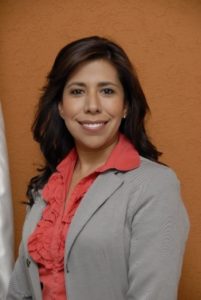Barbara McCrady, PhD
Collaborator Spotlight:
Barbara McCrady, PhD
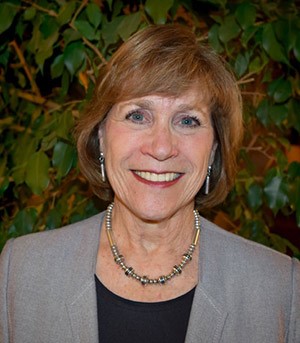
Barbara McCrady, PhD, is a Distinguished Professor of Psychology at the University of New Mexico, a licensed psychologist, a specialist in the treatment of alcohol abuse, and a long-time research collaborator with Dr. W. Gill Woodall, Senior Scientist at Klein Buendel.
The research project that Dr. McCrady and Dr. Woodall are currently working on together is entitled “Smartphone Help for DWI Offenders and their Families: A B-SMART App.” B-SMART is a smartphone app intervention designed to extend the drunken driving cessation initially provided by an interlock ignition device. It involves participation of a concerned family member of DWI (driving while intoxicated) offenders by providing coping skills, communication skills, and strategies to help avoid a subsequent DWI. This study is unique because it involves a family member in supporting the DWI offender to not drink and drive, and the use of smartphone technology to make family support immediate, accessible, and diffusible. Dr. McCrady developed the content for the intervention based on empirically validated couples therapy techniques for those with alcohol use disorders.
In her research, Dr. McCrady has focused on conjoint therapy, approaches that involve the social network, cognitive behavioral therapy, mutual help groups, and therapies for women. In her words: “As a clinical scientist, the overall goal of my work is to conduct research to test innovative treatments and treatment delivery systems for persons affected substance use disorders, and to better understand the mechanisms by which these treatments work. An ultimate goal is to improve clinical practice through the use of empirically supported assessment and treatment approaches.”
Dr. McCrady has published more than 250 refereed papers, books, book chapters, and commentaries. She has also published four treatment manuals and client workbooks with Elizabeth Epstein (a member of the B-SMART Project Expert Advisory Board) on empirically supported treatments for couple’s therapy and cognitive behavioral therapy for alcohol use disorders. She has a second edition of a textbook entitled, Addictions: A Comprehensive Guidebook, published by Oxford University Press.
She is the past Director of the Center on Alcoholism, Substance Abuse, and Addictions (CASAA) at the University of New Mexico, and is currently the Chair of the Diversity Committee for the Research Society on Alcoholism and the Vice President for the Research Advisory Committee of the Research Society on Alcoholism.




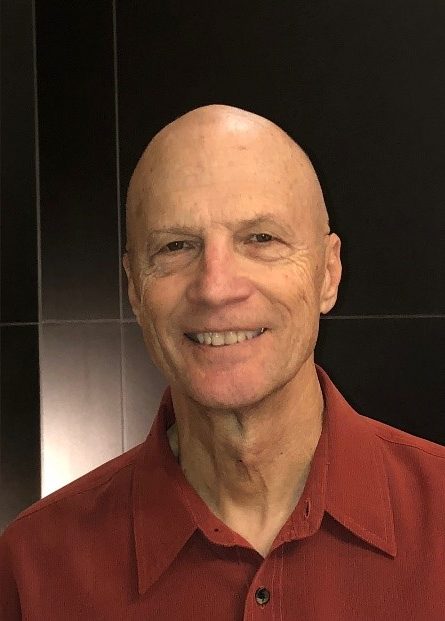
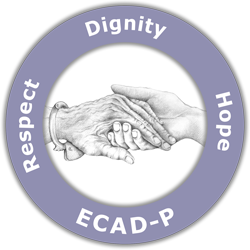
 Dr. Gregory Zimet is a Clinical Psychologist and Professor in the Department of Pediatrics at the Indiana University School of Medicine. Since he arrived there in 1993, he has guided an extensive, multi-faceted research program focused on attitudes about, and acceptance of, vaccines for the prevention of sexually-transmitted infections, including the human papillomavirus (HPV) vaccine.
Dr. Gregory Zimet is a Clinical Psychologist and Professor in the Department of Pediatrics at the Indiana University School of Medicine. Since he arrived there in 1993, he has guided an extensive, multi-faceted research program focused on attitudes about, and acceptance of, vaccines for the prevention of sexually-transmitted infections, including the human papillomavirus (HPV) vaccine.
 Robert Saltz, Ph.D. is a Senior Research Scientist at the Pacific Institute for Research and Evaluation (PIRE) in Berkeley, California.
Robert Saltz, Ph.D. is a Senior Research Scientist at the Pacific Institute for Research and Evaluation (PIRE) in Berkeley, California.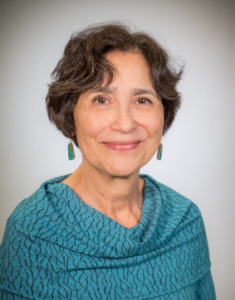 Dr. Victoria Sánchez is an Associate Professor in the
Dr. Victoria Sánchez is an Associate Professor in the  Dr. Valerie Myers, KB Senior Scientist and SBM Fellow, is a co-presenter for three Panel Discussions related to training and career development at the
Dr. Valerie Myers, KB Senior Scientist and SBM Fellow, is a co-presenter for three Panel Discussions related to training and career development at the 